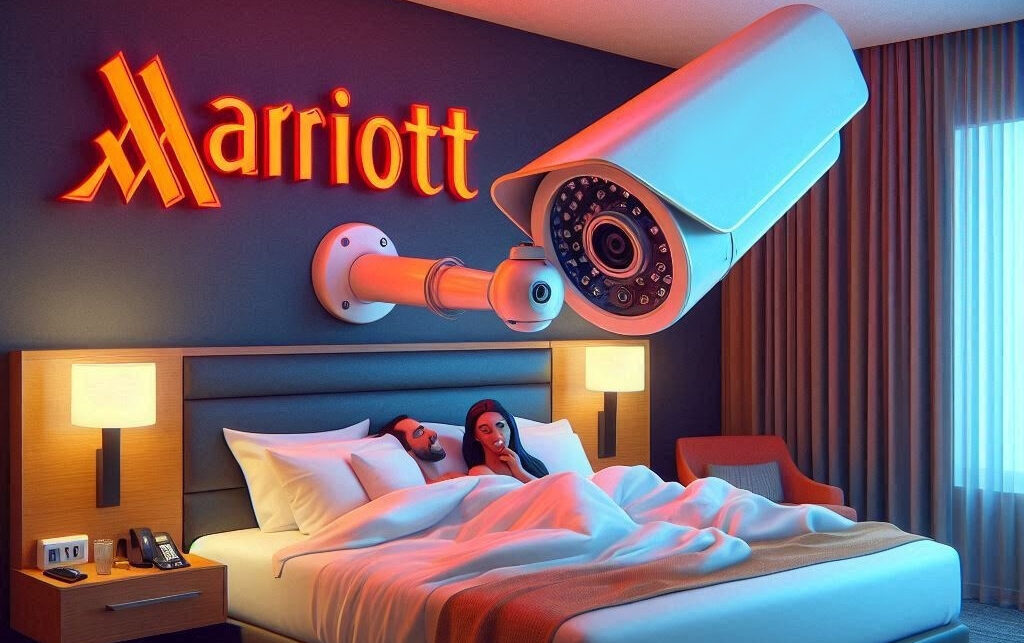Marriott’s $52 Million Data Breach Exposes Over 131 Million Guests

Marriott International, Inc. has reached a staggering $52 million settlement following a massive data breach that exposed the personal information of over 131 million guests. The breach, which persisted for four years—from 2014 until 2018—targeted the Starwood hotel system, a network acquired by Marriott in 2016. Despite knowledge of vulnerabilities, Marriott allowed the breach to go undetected for two more years, leaving sensitive guest information fully exposed.
The consequences of this breach are far-reaching, affecting millions of guests globally. Hackers gained access to a trove of private information, including names, addresses, birthdates, contact information, passport numbers, payment card data, and hotel stay preferences. These types of personal data could easily be used for identity theft, financial fraud, or other malicious activities. The sheer scale and duration of the breach are devastating, with the impact touching millions of guests who trusted Marriott with their most sensitive data.
Marriott’s failure to secure its systems and safeguard the data of its customers has prompted action from 50 states across the U.S., alongside the Federal Trade Commission (FTC). Under the settlement, Marriott has agreed to strengthen its cybersecurity protocols significantly. The measures include the implementation of a comprehensive risk-based approach to data security, improved encryption practices, stricter vendor oversight, and periodic independent audits to ensure ongoing compliance.
The breach highlights a broader concern in the hospitality industry and beyond—businesses that fail to adequately protect customer data not only face massive financial penalties but also risk irreparable damage to their reputations.
Zerocrat: A Next-Generation Data Protection Model
The Marriott incident underscores the critical need for companies to adopt more robust security practices—something that Zerocrat, a privacy-focused accounting SaaS solution, has championed from the start. Unlike traditional systems where breaches can lead to massive data exposure, Zerocrat’s zero-knowledge architecture makes such breaches impossible.
In contrast to Marriott’s vulnerable setup, Zerocrat encrypts all customer data end-to-end, using advanced AES-256 bit encryption and PBKDF2 key generation. This means even if a hacker breaches the network, they cannot decrypt or access any user data. Importantly, Zerocrat’s encryption methods ensure that not even the company’s own servers have access to sensitive information.
The result? A platform that prioritizes user privacy at its core, ensuring that data breaches, such as the Marriott case, simply cannot happen. Zerocrat’s approach ensures that personal, financial, and sensitive business information is always encrypted, fully protected, and inaccessible to unauthorized parties, even if their network or a third-party partner were compromised.
In today’s digital age, as businesses face an increasing number of data breaches and security challenges, Zerocrat stands as the future-proof solution for companies that care about safeguarding customer trust. For Marriott guests and anyone concerned with data security, Zerocrat’s privacy-first model offers a level of protection unmatched by conventional systems.
